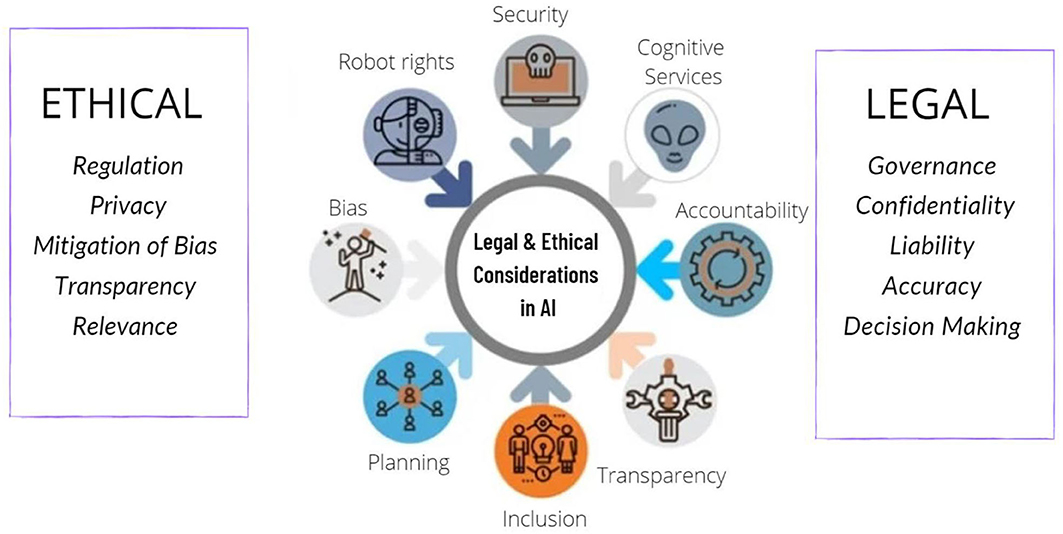In the world of healthcare, ethics, and integrity form the bedrock for trust and effective care. Internists, often the first point of contact for patients, face complex decisions every day. They balance patient needs with ethical responsibilities. From handling asheboro immunizations to managing chronic illnesses, the practice of internists demands a deep commitment to doing what is right. This commitment ensures that patients receive honest and compassionate care. By exploring these ethical principles, we gain insight into the vital role of internists in maintaining integrity in medicine.
The Ethical Foundations of Internal Medicine
Internists adhere to core ethical principles to guide their practice. These principles include:
- Respect for autonomy
- Beneficence
- Non-maleficence
These principles ensure that patients are treated with respect and receive care that benefits them. Internists must constantly balance these principles in their daily work.
Challenges in Medical Ethics
Internists face many ethical challenges. These can range from respecting patient confidentiality to making decisions about end-of-life care. Each decision requires careful consideration. The goal is always to act in the best interest of the patient.
Case Study: Balancing Autonomy and Beneficence
A patient may refuse a recommended treatment. The internist faces a challenge. They must respect the patient’s decision (autonomy) while trying to recommend what is best for their health (beneficence). Finding a balance is crucial.
Integrity in Practice
Integrity means being honest and having strong moral principles. In healthcare, this involves:
- Transparent communication
- Adherence to ethical standards
- Commitment to patient welfare
Internists maintain integrity by being transparent with patients and sticking to ethical guidelines. This builds trust, which is essential for effective care.
Comparison: Ethical Principles in Practice
| Ethical Principle | Application in Internal Medicine |
| Autonomy | Respecting patient choices and informed consent |
| Beneficence | Providing treatments that benefit the patient |
| Non-maleficence | Avoiding harm to the patient |
Role of Professional Organizations
Professional organizations provide guidance on ethics and integrity. The American College of Physicians is one such organization. They offer resources and guidelines to help internists navigate ethical challenges.
Looking Forward: Ethics in a Changing World
As medicine advances, new ethical challenges arise. Internists must adapt. Technology, like telemedicine, introduces new questions about privacy and consent. Ongoing education and awareness are vital.
Conclusion
In internal medicine, ethics and integrity are essential. They guide internists in making difficult decisions. By understanding and applying these principles, internists ensure that patient care is both compassionate and effective. This dedication to ethics builds trust and strengthens the bond between doctor and patient.
